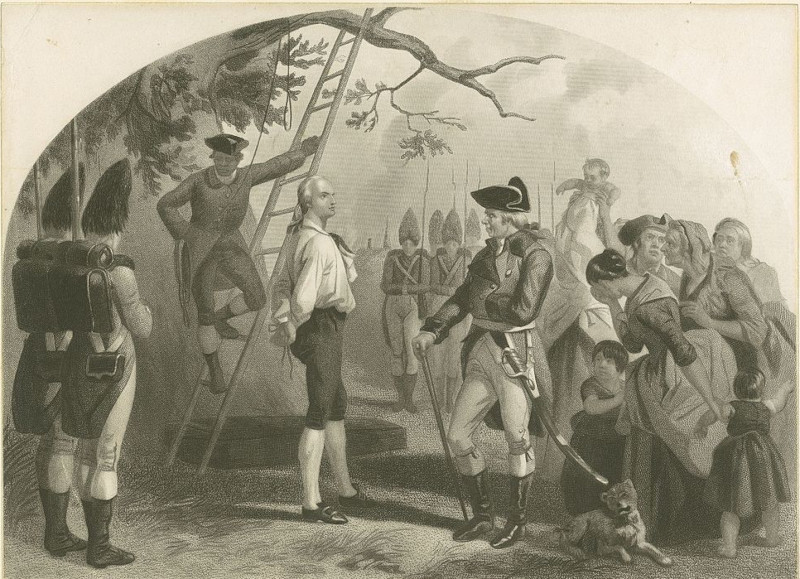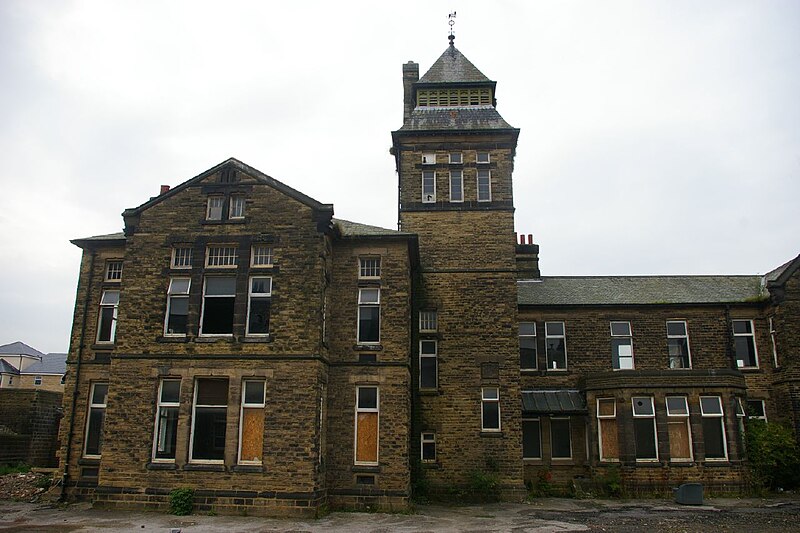At the start of H.G. Wells’ 1895 novella The Time Machine, the Time Traveller explains to his friends that “any real body must have extension in four directions: it must have Length, Breadth, Thickness, and — Duration.” This idea, of conceiving time as a fourth dimension, had been broached in the 18th century, but it had first been treated seriously in a mysterious letter to Nature in 1885:
“I [propose] to consider Time as a fourth dimension of our existence. … Since this fourth dimension cannot be introduced into space, as commonly understood, we require a new kind of space for its existence, which we may call time-space.”
The letter writer identified himself only as “S.” Was this Wells? Apparently not: In his 1934 Experiment in Autobiography Wells wrote, “In the universe in which my brain was living in 1879 there was no nonsense about time being space or anything of that sort. There were three dimensions, up and down, fore and aft and right and left, and I never heard of a fourth dimension until 1884 or there-about. Then I thought it was a witticism.”
So someone had anticipated Wells’ idea by a full decade. As far as I know, his identity has never been discovered.
(Via Paul J. Nahin, Holy Sci-Fi!, 2014.)



